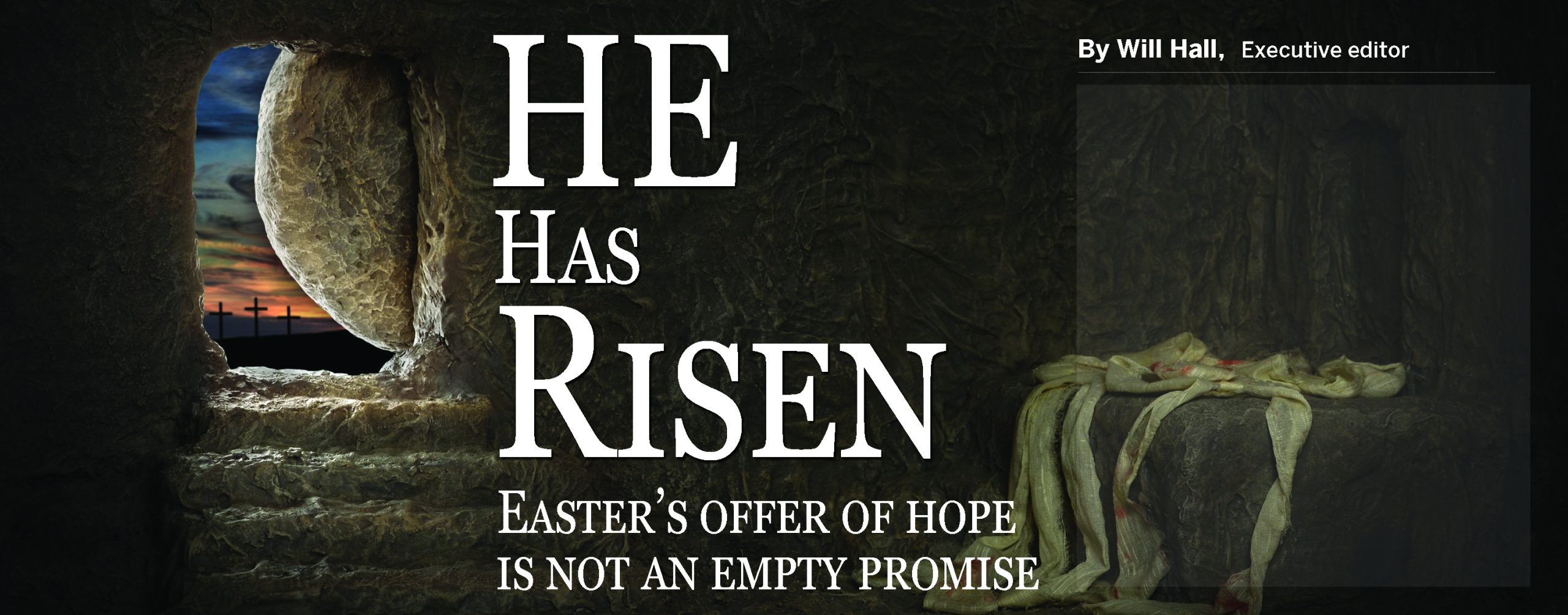By Will Hall, Baptist Message executive editor
ALEXANDRIA, La. (LBM) – In Jericho, during His journey to Jerusalem for that last week before His crucifixion, Jesus declared to Zacchaeus His very nature, His very character, His very purpose for becoming fully God and fully man.
Critics had questioned Jesus’ going into the home of a sinner, but after Zacchaeus repented, Jesus explained that “the Son of Man has come to seek and to save that which was lost” (Luke 19:10). Indeed, “Jesus saves” is the quintessential quality of His very being.
Importantly, the promise of salvation is to both the lost sheep of Israel as well as other sheep “not of this fold,” meaning Gentiles like you and me (John 10:11-16). This is to fulfill the promise of Isaiah 49:6 that Jesus will “raise up the tribes of Jacob” and “restore the preserved ones of Israel” as well as be “a light to the Gentiles,” extending salvation “to the ends of the earth.”
Moreover, it is no small matter that the promise of salvation was fulfilled on the cross and the fullness of salvation was completed in the tomb.
Instead, the empty cross is a reminder that you and I don’t have to be crucified to pay for our sins. The Bible tells us that “God demonstrates His own love for us, in that while we were yet sinners, Christ died for us” (Romans 5:8). And when Jesus cried out “It is finished” (John 19:30) while dying on the cross, He was using an accounting phrase. He was saying, “The books are closed, and the cost has been ‘paid in full!’” He paid the price so that you and I don’t have to bear that cost.
Likewise, the empty tomb offers assurance that one day we will be raised from the grave. Paul made this point by mocking death and the grave in his letter to the church at Corinth, telling believers that death has no sting for them, and the grave has no victory over them (1 Cor. 15:55).
Fortunately, the promise of salvation is still open to anyone who would humble himself or herself to Jesus, ask Him for forgiveness and mean it. The Bible says, “Though your sins be as scarlet, He will wash them white as snow” (Isaiah 1:18). In other words, He will give you a clean slate.
In the end, this empty slate is the promise of Christ’s empty cross and empty tomb. And above all else, both signify that the hope of Easter is not an empty promise.




